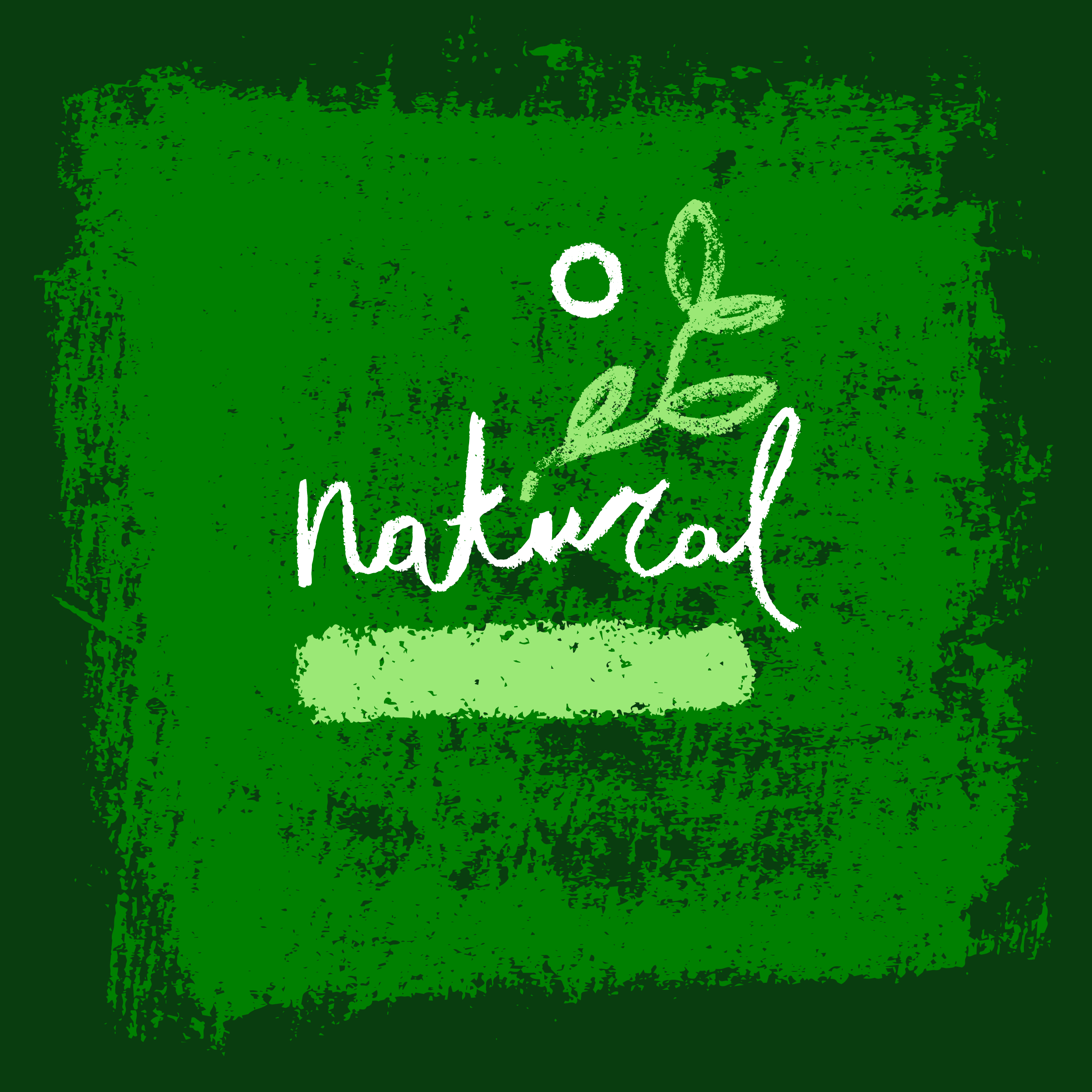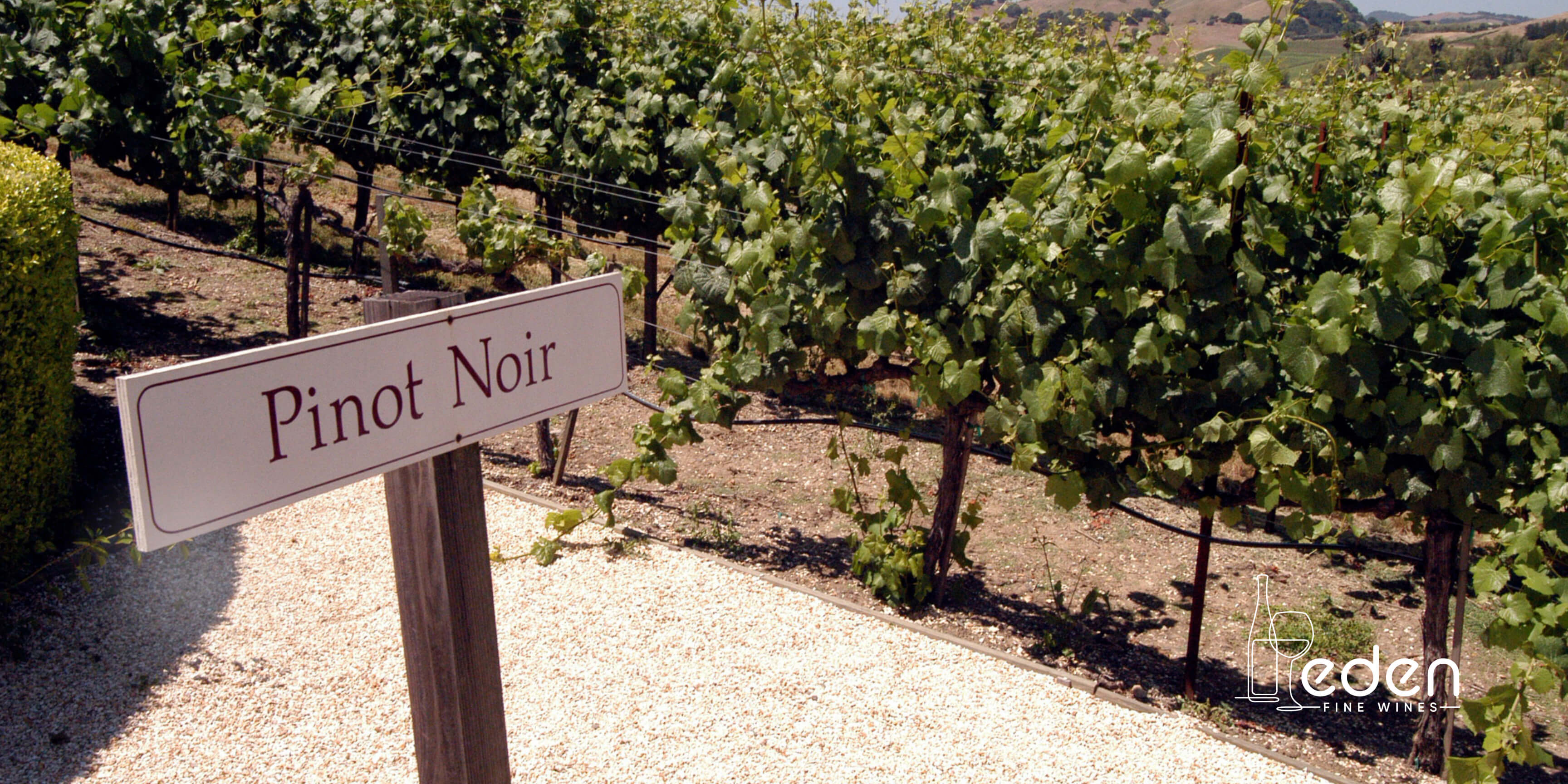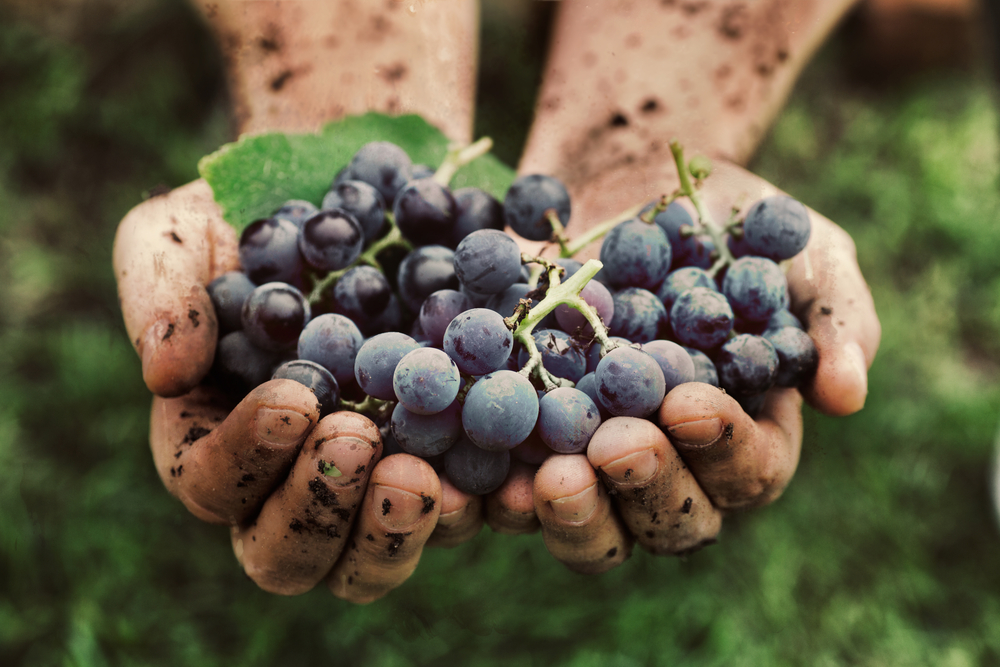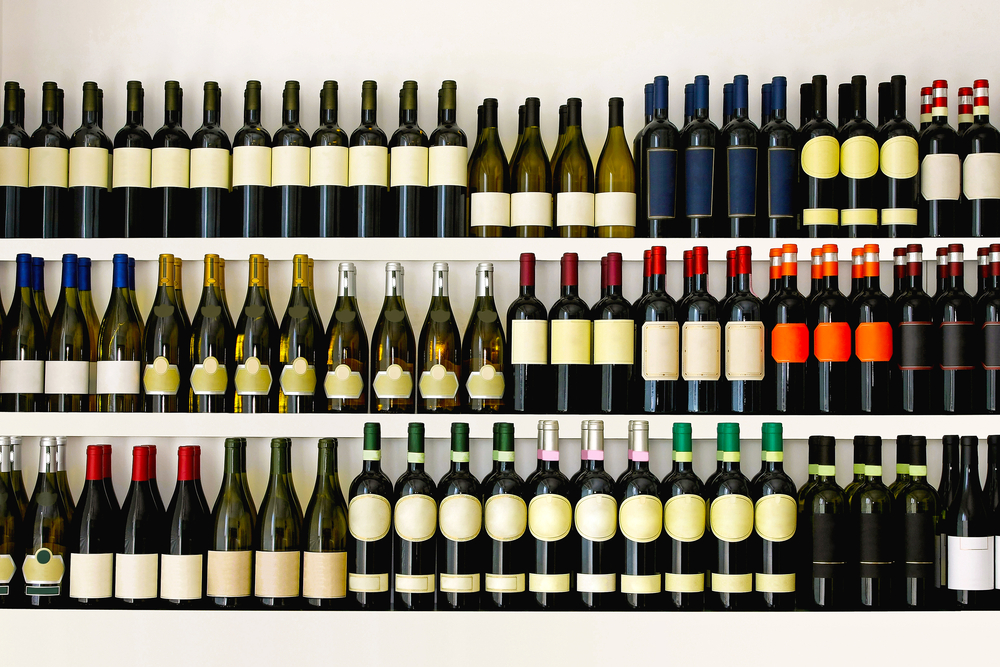When we think of a delicious wine, especially as consumers rather than producers, we think about those rich glasses of Malbec by the fire in the Winter, or balmy summer evenings with friends that aren't complete unless they’re topped off with crisp, dry rosé. We don’t lend much thought to where a wine has come from, what goes into it (other than grapes), and the journey from the barrel to our glasses at home. Nowadays, people are more conscious than ever about what they eat and drink and where it comes from. There is a bigger understanding of wine making practices and consequently a new wave of interest in vegan, vegetarian, organic, biodynamic and natural wines. Health, climate change and animal welfare are just a few of the reasons that so many people have adopted a plant-based lifestyle, and with such a shift in the way that people shop, it’s worth digging a little deeper into these practices. “How can a wine be vegan?” we hear you ask. It’s largely down to the process of actually making the wine. When wine is produced, it goes through a process called ‘fining’. This is where an insoluble substance (or, a fining agent) is added in order to clarify or stabilise it. Essentially, fining agents attract sediment particles in the barrel so that they can easily be filtered out and it speeds up the whole production process. Quicker production means you can make more wine, which generates more business. The catch is that most commonly used fining agents are made with animal derived ingredients, for example isinglass which is made from fish bladders, gelatin from hooves, casein from dairy, and albumin from egg whites. Even though most of the fining agent is removed in the final filtering process, some may be left over, and the industry behind making fining agents exploits animals, so suddenly the use of these substances renders the wine non-vegan friendly. There has been a surge in the use of non animal-derived fining agents in order to fulfil the ever-growing demand for vegan and vegetarian wines. Some of the benefits of vegan and vegetarian wine is that they are usually organic, so fewer chemicals are used in the production process. This in turn means they have less of a detrimental effect on the environment and you’re also drinking a ‘cleaner’ product. Also, whilst all wine contains some sulphites, there are generally less in vegan wine as they are not added in during the production process. Some people in the UK have an allergy or intolerance to sulphites that can manifest as achy joints, slight swelling or a sore head if they drink wine (although, if you are experiencing these symptoms there is always a chance you had one glass too many…) Regardless, it’s worth trying!
Organic wine is more down to the actual process of growing the grapes. In the simplest terms, organic wine is made with grapes that are grown following organic farming processes, which essentially prohibits the use of artificial chemicals, fertilisers or pesticides. Until recently, there were no agreed standards within the EU for organic wines, however from August this year there will be a legal certification for organic wines (these standards vary across different countries and non-EU countries have their own rules and regulations).
Biodynamic wine production takes organic practices to a new level. It’s a more complex agricultural approach, and it is a system based on the work of Austrian philosopher Rudolf Steiner. Steiner founded the movement of ‘Anthroposophy’ which aimed to find a synthesis between the spiritual and scientific worlds. His holistic theories were applied to practices and innovations including medicine, banking, education, music and agriculture. With a rise in a highly mechanistic view of nature (and farming) Steiner was concerned that the use of artificial chemicals and pesticides was damaging to the earth, and in turn many farmers noticed that the use of artificial fertilisers was affecting the health of their soil. These days, biodynamic winemaking is still based upon Steiner’s theories, and producers use plenty of weird and wonderful methods and plant and mineral preparations, such as BD501. This is made from finely ground quartz crystal which is placed in a cow's horn and buried in the ground for a period of time before being sprayed on the vines. These preparations are designed to enhance the health of the soils and vines. They also take into consideration the rhythmic influences of the sun, moon, planets and stars. This includes pruning and picking based on the timing of the lunar calendar cycles. Although some winemakers may follow biodynamic manufacturing practices without being certified, there are official certifications for biodynamic wines that vary across countries and regions. The most widely recognised certification worldwide is Demeter. Biodynamic wine makers believe in allowing nature to take its course, with minimal intervention and without the use of chemicals. They believe this allows the true nature of their terroirs and wines to be expressed. It doesn’t mean they are better or worse than other wines, it’s just a different philosophy to wine making.
Last but not least, we come onto natural wine, which is more of an umbrella term. Generally, these wines have not been fined or filtered, they are produced without chemicals once again, they are usually made with grapes that have been handpicked rather than picked using machines and finally they have little or no sulphur dioxide (SO2) added to them. SO2 is a naturally occurring chemical that has been used for at least 2000 years because it keeps wine fresh. All wine contains some SO2 because it occurs naturally in yeasts during fermentation, and some natural winemakers add a bit extra to make sure the wine tastes the same when you drink it as when it went into the bottle. However, the levels of added SO2 in non-natural wines can be up to ten times higher. SO2 is the allergen we discussed earlier, and you will often see wine labels printed with “contains sulphites”. It is estimated that around 2% of the UK population have a sensitivity to sulphites, so if you think you struggle a little more than you deserve the day after a few glasses, it might be worth trying a natural wine.
 Trade Login
Trade Login













